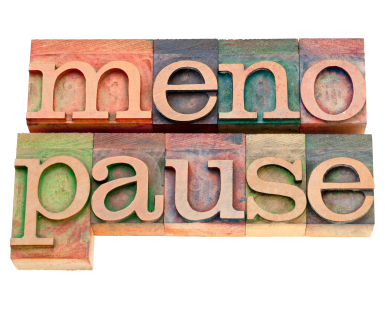How Does Menopause Affect Your Emotions?
If you are finding yourself more emotional at Menopause, you are certainly not alone.

You snap at the slightest thing, your children, your partner or even the cashier in the supermarket all can set you off – sound familiar?
A good night’s sleep seems like a distant dream. You feel happy one moment, then burst into tears the next and you are certainly not alone.
Studies show that about 20% of women feel depressed at some time during menopause. You’re more likely to have depression now if you’ve had it at other times in your life.
What’s going on? You probably know about premenstrual syndrome (PMS) and other times when hormonal shifts can affect your frame of mind. This happens with menopause, too as the body ceases production of ostrogen and progesterone from the ovaries.
These hormones affect serotonin and other neurotransmitters linked to mood. Big changes with these hormones can set your emotions awry with mood swings, bursts of anger, and other emotions you may not know what to do with, as well as affecting your sleep.
Emotional Symptoms
Hot flushes may get the most press, but you might have other symptoms you don’t hear as much about but the good news is these symptoms will pass and you can rebalance your hormones to reduce their effectiveness. This is what many women experience at menopause:
- Crying for no reason
- Dark thoughts
- Feeling worthless
- Loss of hope
- Low energy
- Not enjoying what you used to
- Sadness
- Trouble making decisions
- Anxiety
Depression and anxiety symptoms can overlap and one often will trigger the other. You may have anxiety if you:
- Find it hard to relax
- Feel fearful, panicky, or sense you’re in danger
- Are moody or testy
- Get impatient
- Have nagging worry
- Get restless
How to Treat Emotional Symptoms
For many women at menopause the issue is often hormone related, particularly in the balance between progesterone and oestrogen.
Progesterone is the hormone that helps us relax and opposes and balances the excess oestrogen (oestrogen dominance) that can occur when the body is still producing oestrogen from the fat cells of the abdomen, hips and thighs.
The medical solution is antidepressants, particularly if your symptoms are severe or life-threatening, but they can take 4-6 weeks for effects to set in. Be aware, though, that they can sometimes cause edginess and insomnia. You might need to weigh the benefits against side effects so discuss these with your doctor, particularly as it is becoming more common to prescribe antidepressants rather than HRT at menopause.
The complementary route can be helpful with counselling, therapies such as homoeopathy, acupuncture, herbal medicine such as St John’s Wort, aromatherapy and relaxation practices such as yoga and meditation.
Helpful information:
Anxiety and depression can have a number of causes and if you have eliminated many of the common ones such as recent trauma, medication or illness or stress you may need to look deeper.
Do you have an unhealthy lifestyle where you do not get sufficient nutrition and exercise to maintain body and mind properly? That is another good place to look for simple solutions, but if your depression is severe always speak to your doctor.
If you think this may be an issue with hormone balance, or nutrition, then you will find the following useful,


















